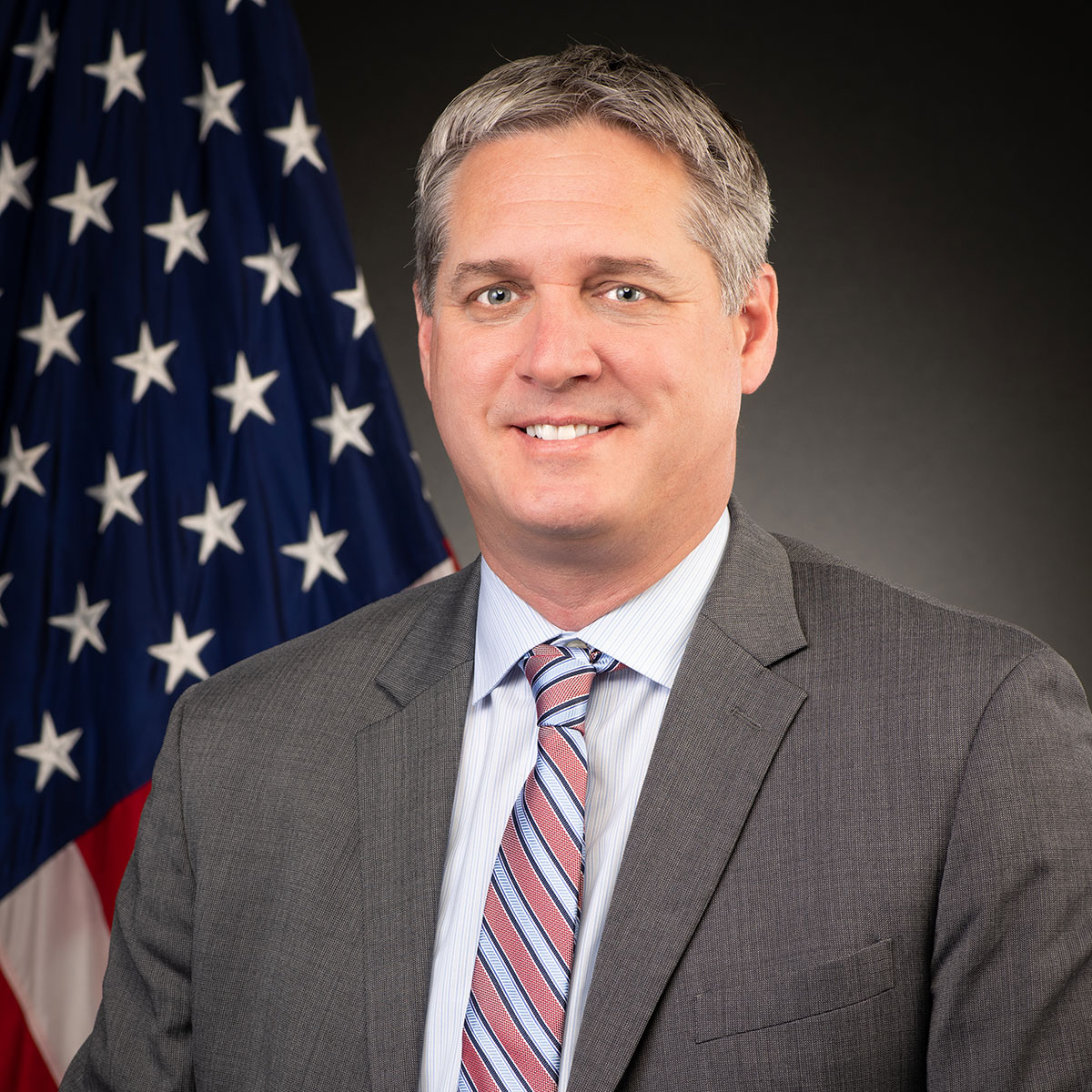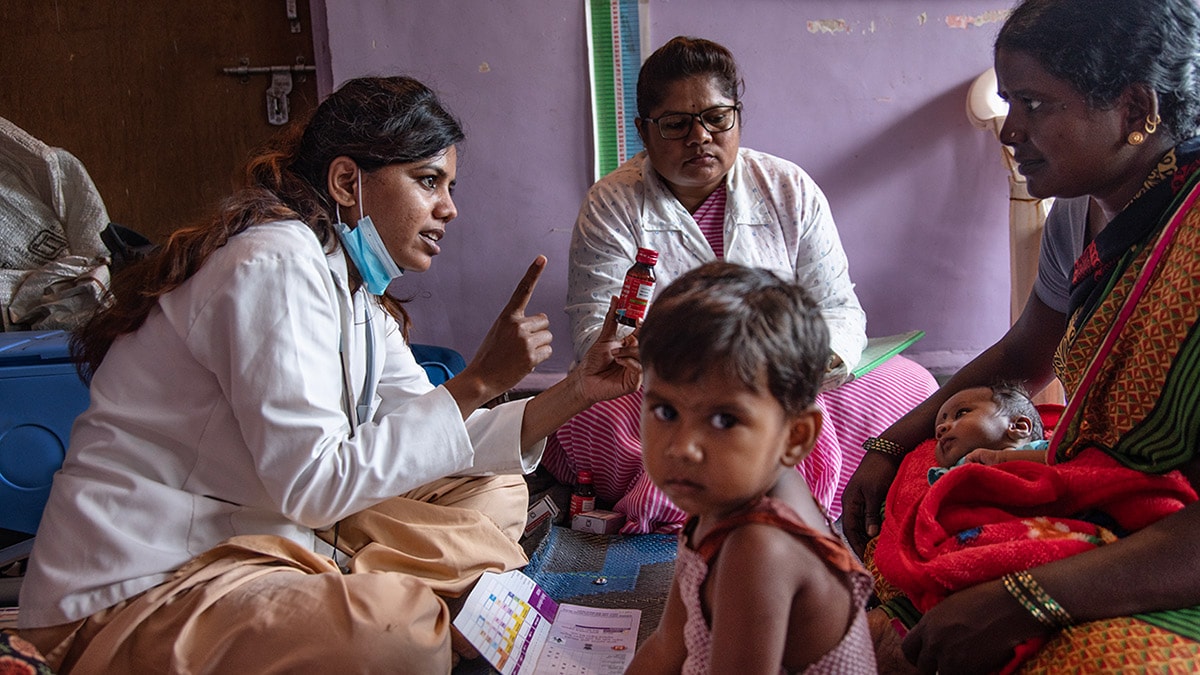At a glance
CDC’s Global Immunization Division (GID) is a leading partner in U.S. global immunization efforts for a healthier and safer world. GID provides scientific and programmatic leadership to end the threat of vaccine-preventable diseases (VPDs) around the world.
Our mission
GID envisions a world with healthy people protected from VPDs, disabilities, and death. GID works to strengthen global immunization programs, both operationally and scientifically. With a focus on equity, this work advances the control and elimination of VPDs.
Focus
CDC focuses on countries with the highest burden of VPDs. Our intensified focus on priority countries helps CDC guide its investments to save and improve the most lives through vaccination. GID's priority countries fall into two major categories:
- Intensified investment countries
- Endemic polio countries
Read more about CDC's work in prioritizing the highest-risk countries.
Why it matters
Immunization is a best buy for public health.
A sound investment, immunization is among the most cost-effective ways to improve health. By extension, immunization strengthens national, regional, and global health security. Why CDC is involved:
- Immunization saves lives.
- Immunization makes the world healthier and safer.
- Immunization is a foundation for primary care.
Our work
Our division has four branches:
Polio Eradication Branch
The Polio Eradication Branch (PEB) works with global partners to eradicate polio by providing technical leadership within the Global Polio Eradication Initiative (GPEI) on program activities around the world. PEB provides scientific, technical, and strategic leadership in several areas, including:
- Global Polio Laboratory Network (GPLN)
- Surveillance (detection of polio worldwide)
- Data analysis
- Research
- Vaccination campaigns
- Outbreak preparedness and response
PEB prioritizes stopping wild poliovirus in Afghanistan and Pakistan, stopping poliovirus outbreaks globally, and strengthening immunization systems to help countries remain polio-free. PEB collaborates with GPEI partners and others towards achieving and sustaining the polio eradication goals.
Accelerated Disease Control Branch
The Accelerated Disease Control Branch (ADCB) works with countries and global partners to eliminate and control VPDs. This group of diseases includes measles, rubella, hepatitis B, tetanus, cholera, and typhoid fever.
ADCB provides scientific expertise to guide decisions and strengthens the ability of countries and regions to:
- Introduce measles, rubella, hepatitis B birth dose, and other vaccines into national immunization programs
- Improve vaccination coverage rates
- Conduct research on best practices for vaccine use
- Strengthen disease detection through laboratories and laboratory networks
- Help countries with preventive vaccination campaigns
- Help countries prepare for and respond to outbreaks
In collaboration with the Measles & Rubella Partnership, ADCB leads activities to eliminate measles and rubella. ADCB also collaborates with partners and provides scientific leadership through the Immunization Agenda 2030, Global Task Force for Cholera Control, Coalition for Global Hepatitis Elimination, and other initiatives.
Immunization Systems Branch
The Immunization Systems Branch (ISB) identifies evidence-based solutions to strengthen immunization systems that meet population needs across the life course. These solutions help in developing, introducing, delivering, and promoting safe and effective vaccines. ISB provides expertise and support to countries and global partners to:
- Strengthen global guidance and national vaccine policies
- Identify strategies to increase demand for vaccines
- Monitor and communicate about vaccine safety data
- Deliver routine immunization programs
- Promote equitable access to vaccines
- Evaluate the impact of priority new and underused vaccines globally
The branch also leads the development and implementation of effective and innovative communication strategies that address issues related to vaccine demand and uptake. These include efforts on managing mis- and disinformation in digital and physical environments.
Strategic Information and Workforce Development Branch
The Strategic Information and Workforce Development Branch (SIWDB) helps strengthen delivery of immunization services in high-burden countries by supporting:
- Comprehensive surveillance for VPDs
- Information systems and the management, analysis, and use of immunization data
- Immunization workforce performance
SIWDB identifies evidence-based interventions that support immunization programs in these technical areas. SIWDB works with global partners to recruit, train, and deploy public health professionals. This branch supports the Stop Transmission of Polio (STOP) program, which now addresses polio and other VPDs. STOP trains international public health consultants to support national ministries of health, strengthen routine immunization services, and improve how countries prevent, detect, and respond to outbreaks.
Director

Dr. Vertefeuille leads the programmatic direction of CDC's global immunization portfolio.

